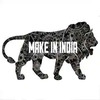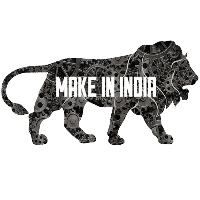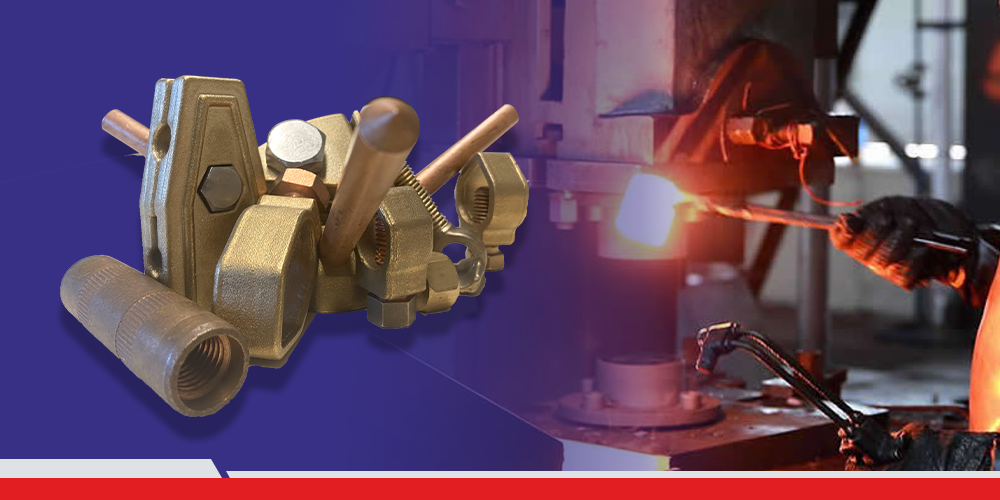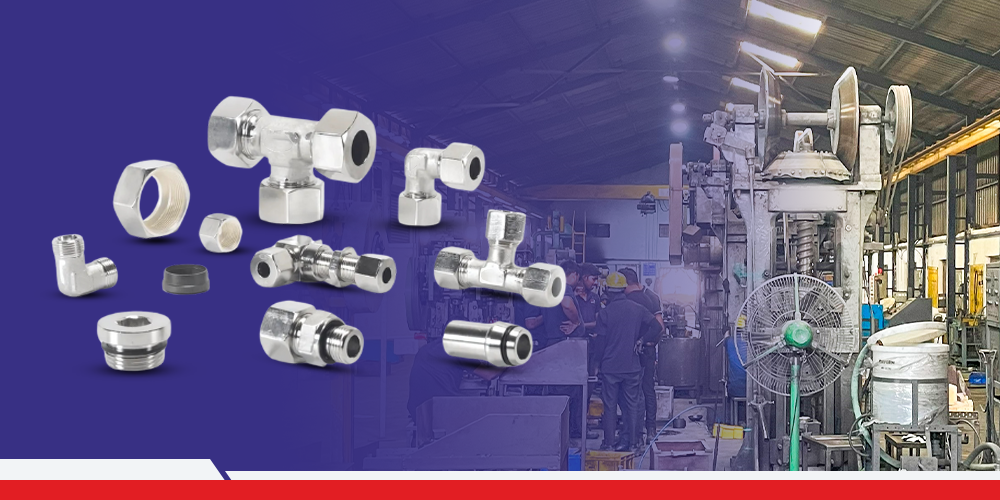Sales Inquiry
Usage of Forged Metal in Industrial Products
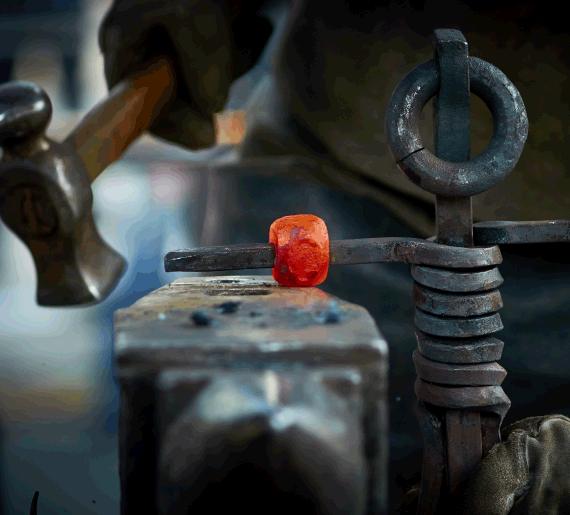
Industry-Wise Use of Forged Components:
Medical Industry
The Industry
The healthcare industry is one of the most lucrative industries worldwide. In the context of a post-pandemic world, it is an industry which is extremely relevant, with a lot of eyes on its performance.
Industry Demand for Forged Components
The medical industry uses several items made from forged metal, including but not limited to, medical machinery parts, implants used in various medical procedures, trauma parts, extremities parts, etc.
Automotive Industry
The Industry
The automotive industry is a very significant industry that has requirements for forged metal. Not only it is one of the topmost industries in the world in terms of revenue, but it is also an industry which is heavily reliant on research and development, and ranks as one of the most R&D intensive industries of the world.
Industry Demand for Forged Components
The automotive industry's requirement for forged metal is mainly at the points of vehicles where shock or stress is high. This need of the industry can be met by using components made of forged metal, such as ball joints, axle beams, idler arms, pitman arms, kingpins, etc.
Power Generation and Transmission Industry
The Industry
The power industry is a very crucial industry, since it meets the very basic, yet extremely important needs of energy demand throughout the globe. It is an industry for which many are predicting big changes, as sustainable action becomes more relevant day by day.
Industry Demand for Forged Components
In terms of the forged metal requirements within this industry, they can arise in the form of demand for turbine components, pipelines, fittings, discs, shafts, etc.
General Production and Manufacturing Industry
The Industry
The main definition for the manufacturing industry would be an industry which creates or processes inputs in order to add value to them and lead to the production of valuable outputs.
Industry Demand for Forged Components
Due to the industry's close connection to engineering, it is apparent that the industry would have a huge demand for forged metal components, such as welding tools, gaskets, washers, and other equipment required in the production process.
Aerospace & Defense Industry
The Industry
The aerospace industry has anything and everything to do with flight, whether it be within or without the airspace of the Earth. This industry is linked with groundbreaking levels of technological progress, and thus, naturally relies on a huge amount of research and development for the progress of the industry and its offerings.
Industry Demand for Forged Components
With this progress of the industry, the demand for forged metal also increases, and a heavy demand for forged metal components exists currently too. Due to heavily engineered products produced in the aerospace industry, the demand for forged metal is in the form of engine discs, compressor parts, exhaust, couplings, etc.
Building & Construction Industry
The Industry
The building and construction industry concerns itself with the construction of various projects that form a part of the infrastructure of the world. Due to its nature, it is an industry which involves a significant contribution of engineering and mechanics, and thus relies on durable hardware.
Industry Demand for Forged Components
The building and construction industry require various forged metal components such as shafts including rope shafts, strut pins, gudgeon pins, etc, flats such as curved or flat racks, rings such as hex sleeves and hex jam nuts, hubs such as winch hubs, pintles, etc, and torch cuts such as anchor rods, clevis, etc.
Oil & Gas Industry
The Industry
The Oil and Gas industry enjoys a powerful position, since its products have a high demand owing to their usage in the energy sector, as well as other uses in the form of plastics, adhesives, and solvents.
Industry Demand for Forged Components
The Oil and Gas industry involves many activities that necessitates the use of items made from forged metal, and these components must be durable and reliable. The Oil and Gas industry's demand for forged metal can be in the form of casings and coverings for valve bodies, reducers, flanges, and saddles.
Future Scope of Forged Components
There is foreseeable growth of all the above mentioned industries which are served by forged components, as well as growth in other industries such as Electrical and Earthing, Fire and Safety, Heating and Air Conditioning, Marine Hardware, etc.
Due to this growth, the forged components market is also estimated to grow rapidly. With a compounded annual growth rate of 6.34%, the industry is set to achieve a net worth of $130.51 Billion in 2030.
Trends in the industries which use forged metal show a continuous shift towards a demand for safer, more durable, and more reliable equipment, and the forged metal market is expected to move and produce more and more robust components to meet these growing needs.

